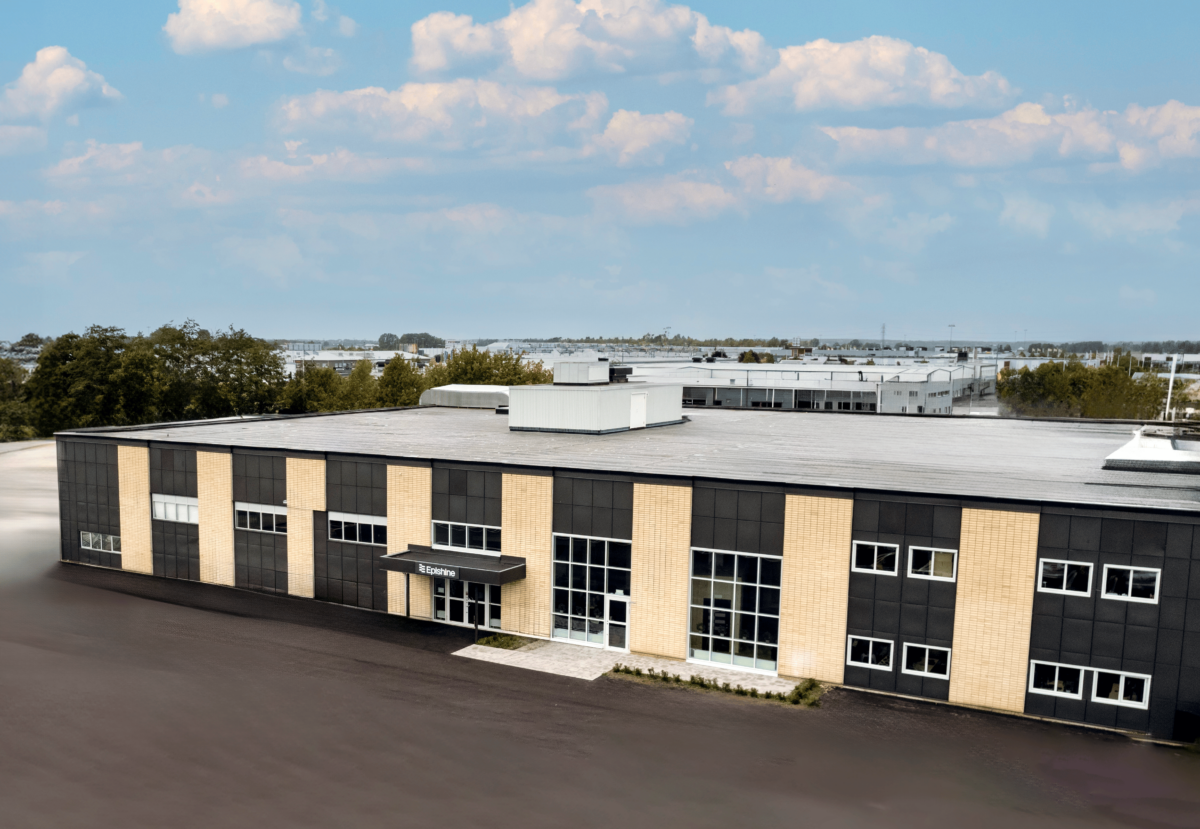Epishine, a Swedish indoor PV specialist, has completed a new production facility with an annual production capacity of 100 million units of its standard 6-cell 50 mm x 50 mm organic PV (OPV) solar modules.
“It is a higher volume process enabled by use of solar ink materials. It combines established roll-to-roll with our core production processes, which are protected by patents and trade secrets,” Jonas Bergqvist, CTO of Epishine, told pv magazine.
The roll-to-roll production process for the company's indoor PV modules, which are used in low-power electronic devices, involves applying a less than one-micron thick solar cell stack to 50-micron foils using a slot-die coater.
The foils are pre-printed with silver busbars and identification markings. There is a proprietary lamination and curing step, followed by inline encapsulation and cutting to create 0.2 mm thick finished modules.
Rounding out the production line is quality testing. “We performance test every module and have a customized visual inspection system to be used inline,” said Bergqvist, noting that the emergence of a technical specification for low-light performance testing is going to improve the indoor PV industry’s chances for success.
The company claims a relatively low-temperature process, with efficient material usage, compared to other methods, which it backs up with an independent lifecycle assessment vetted by a third party. “We are planning to transition from silver to copper to reduce resource usage even further,” said Bergqvist.
The site in an industrial area of Linköping was chosen with future expansion in mind.
This content is protected by copyright and may not be reused. If you want to cooperate with us and would like to reuse some of our content, please contact: editors@pv-magazine.com.



2 comments
By submitting this form you agree to pv magazine using your data for the purposes of publishing your comment.
Your personal data will only be disclosed or otherwise transmitted to third parties for the purposes of spam filtering or if this is necessary for technical maintenance of the website. Any other transfer to third parties will not take place unless this is justified on the basis of applicable data protection regulations or if pv magazine is legally obliged to do so.
You may revoke this consent at any time with effect for the future, in which case your personal data will be deleted immediately. Otherwise, your data will be deleted if pv magazine has processed your request or the purpose of data storage is fulfilled.
Further information on data privacy can be found in our Data Protection Policy.